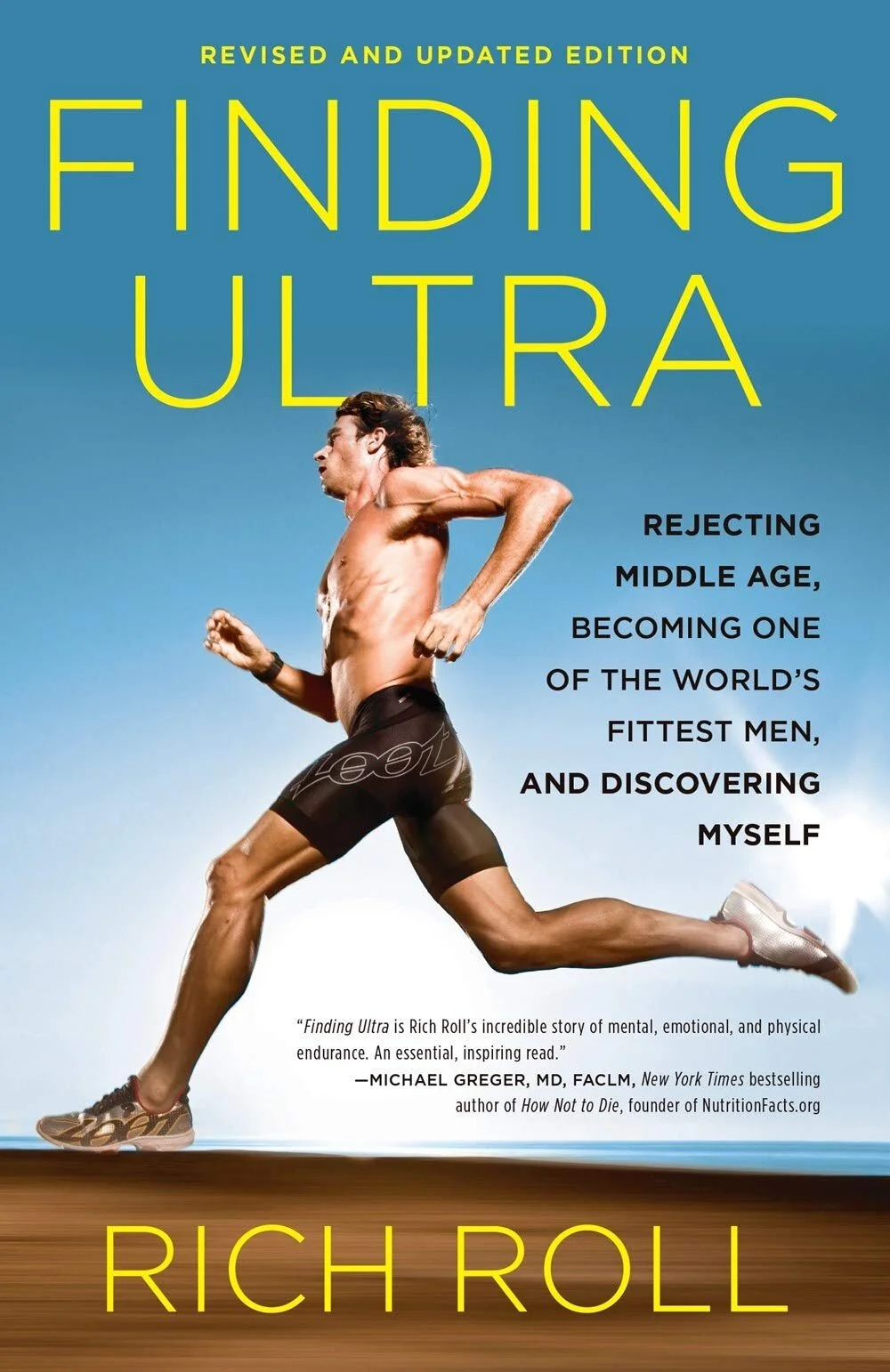Evolution or Devolution: There is no Arrival
Here is a great passage from Rich Roll’s Finding Ultra, one that could provide us with some spark at the cusp 2021. Incidentally, the book is an engrossing read about personal fall, redemption, and adventure.
As you continue to grow and begin to see results, the impulse to pause and take a breath will naturally creep up. It’s an itch to exhale, tempting you to release the pressure, ease up on the gas and coast. I made it. I’ve arrived. Take a load off. Relax.
A moment to reflect, honor the progress you have made, celebrate your victories, and connect with gratitude is important. Seize it. But don’t make the mistake of allowing that momentary pause to impede the important momentum you worked so hard to create. Instead, use it to gird resolve to seek even further and galvanize your strength to go deeper.
Because, unfortunately, you haven’t in fact made it. There is no destination to which you have been delivered. And as long as you are living, work remains to be done.
When I celebrated 90 days sober while in rehab, I was ecstatic. At the time, I thought, I got this. Then a counselor dropped a morsel of wisdom on me that I have pondered every day since: the notion that every thought and action I took from that point forward would either move me closer to a drink or distance me from it. I have found this edict to be both true and profound, applicable across every aspect of my life—a gentle reminder that mastering this experience we call being human is a lifelong pursuit. It’s a pursuit that requires constant attention and relentless rigor.
Indeed, every breath you inhale, every impulse you indulge, action you shoulder, behavior you undertake, and exchange you navigate either moves your life forward or retards growth, plotting a course back toward the old self you so desperately seek to transform.
There is only evolution or devolution. Growth or regression. There is no cruise control.
Because stasis is an illusion.
So enjoy that breath. But only for a moment. Then get back to work. With mindfulness and persistence, continue to inventory your thoughts and actions—are they elevating you or pulling you down?
Keep moving forward. And never stand in the way of momentum. A constantly renewing, self-sustaining propulsion system, it’s your best friend. It’s why going to the gym is effortless when you’ve been hitting it consistently, and so challenging to resume when you’ve suspended your routine by taking a break. So don’t let the impulse to coast interrupt your flow. Protect momentum. Respect it. Then harness that powerful wave, ride it with all your might, and never let go.



